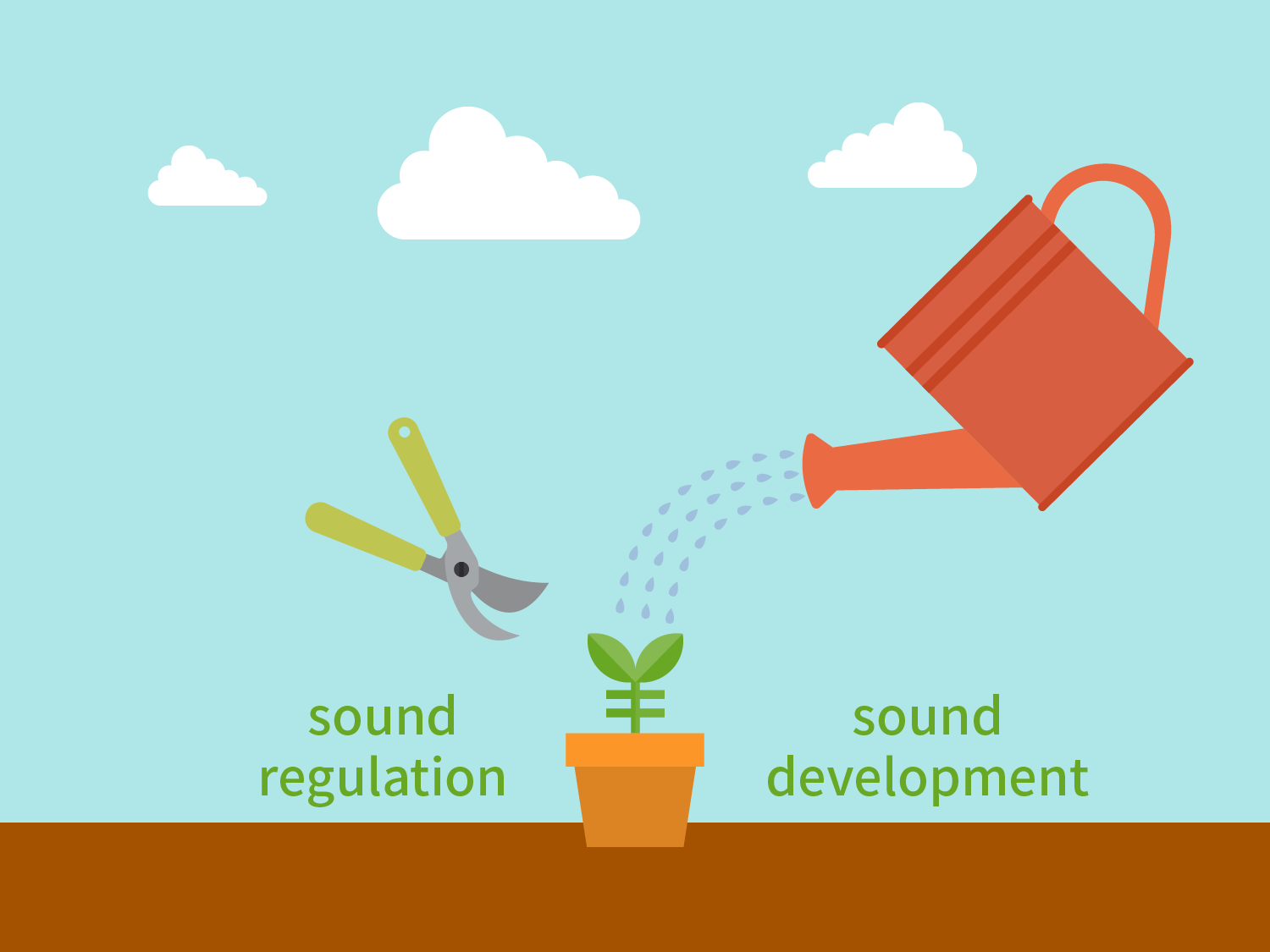The Financial Sector: Creating a Virtuous Cycle with Sound Regulation and Sound Development
Jun 05,2017

By Tian Hui, DRC
2017-4-25
In 2017, the quality of the economic development has been improving on an increasingly stable track, with the emerging new formats and models playing increasingly substantial roles. Sound economic performance is due to previous bumpy adjustments and enforced reform measures. Meanwhile, the financial sector is undergoing such adjustments and reforms. Since the second half of 2016, the general approach toward the regulation of the entire financial sector has witnessed a change with the previous lenient regulation and weak supervision becoming tightened and strengthened. Strong regulation has made some of the financial services shrunk; with the Chinese Insurance Regulatory Commission (CIRC) continues to intensify the regulation on the short- and medium-term duration service, the premium of universal life insurance is gradually becoming sagged, and investment from the universal life insurance products by the insured of life insurance companies has declined sharply. The tightening strategy of the Chinese Security Regulatory Commission (CSRC) on refinancing is bound to cast shadow on the financing of the stock market in a certain period of time. To many financial institutions, especially small and medium-sized ones, strong regulation means a difficult time for business development. However, despite being an important measure to prevent financial risks, hardline regulation in fact reflects the improvement of the weak links. To financial institutions, hardline regulation has sent a strong signal that those financial capacities which are highly homogeneous and breaking the economy away from real to fictitious are unwelcome, and that the transformation and adjustments towards serving the substantial, the new dynamism and the new format are imperative. At the same time, regulation should be conducted with further refinement in order to be performed in a more down-to-earth and targeted mode. By being down-to-earth, it means that the already issued regulatory measures must play a role and be implemented in place. By being targeted, it means that higher demand has been raised over regulation, which should be based on a professional, differentiated, multi-dimensional and bottom-line thinking approach.














